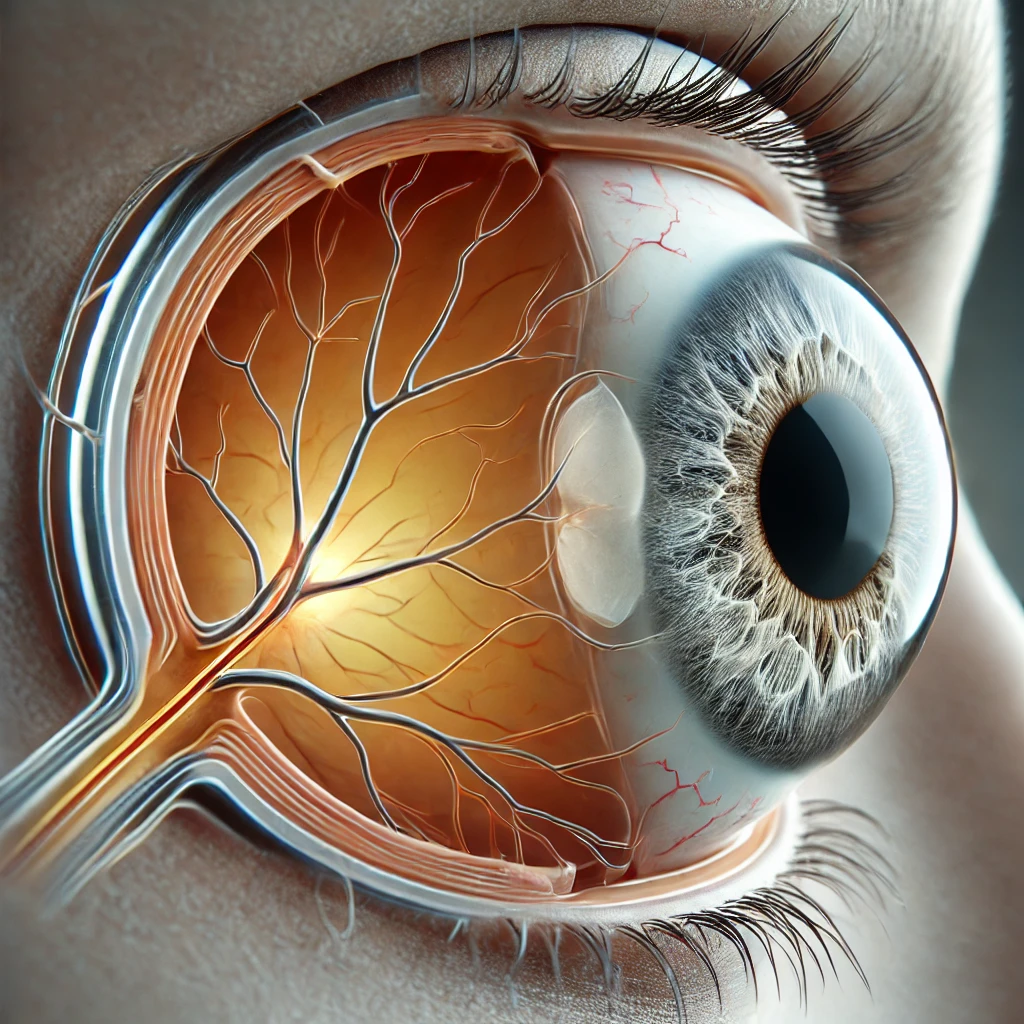
Glaucoma
What is Glaucoma?
Glaucoma is a group of eye diseases that damage the optic nerve, the nerve that connects the eye to the brain, and is essential for vision. This damage is often caused by increased pressure in the eye (intraocular pressure), but glaucoma can also occur with normal eye pressure. If left untreated, glaucoma can lead to irreversible vision loss or blindness.
At Sanjeevani Netralaya, we specialize in the early detection and treatment of glaucoma to help preserve and protect your vision.
Recognizing the Symptoms of Glaucoma
In its early stages, glaucoma often has no noticeable symptoms, which is why regular eye exams are crucial. As the disease progresses, symptoms may include:
- Gradual loss of peripheral vision
- Tunnel vision in advanced stages
- Severe eye pain or headache
- Nausea or vomiting (associated with acute glaucoma)
- Blurred or hazy vision
- Halos around lights, particularly at night
- Redness in the eye
If you experience any of these symptoms, it is essential to seek immediate medical attention.
Diagnosis of Glaucoma
At Sanjeevani Netralaya, we use state-of-the-art diagnostic tools and techniques to accurately detect glaucoma, including:
- Tonometry: Measures the pressure inside your eyes (intraocular pressure).
- Optic Nerve Imaging: Scans the optic nerve for any signs of damage.
- Visual Field Test: Assesses peripheral vision to detect any loss.
- Gonioscopy: Examines the drainage angle of the eye to determine if it is open or closed.
- Pachymetry: Measures the thickness of the cornea, which can affect intraocular pressure readings.
Did You Know?
Glaucoma is the second leading cause of blindness worldwide, but early detection and treatment can significantly reduce the risk of severe vision loss. Regular eye exams are the best way to detect glaucoma in its early stages when treatment is most effective.
Why Choose Sanjeevani Netralaya for Glaucoma Care?
- Expert Team: Our glaucoma specialists are highly trained in diagnosing and managing all types of glaucoma, using the latest technology and techniques.
- Comprehensive Care: From diagnosis to advanced treatment options, we provide a full range of services to manage glaucoma effectively and protect your vision.
- Patient-Centered Approach: We work closely with each patient to create a personalized treatment plan that meets their specific needs and lifestyle.
- Cutting-Edge Technology: Our hospital is equipped with state-of-the-art diagnostic and surgical tools to ensure the highest standard of care.
FAQs
How often should I get screened for glaucoma?
If you are over the age of 40 or have a family history of glaucoma, it is recommended to have an eye exam every 1-2 years. More frequent exams may be necessary if you have additional risk factors.
Can glaucoma be prevented?
While glaucoma cannot be prevented, early detection through regular eye exams can help control the disease and prevent significant vision loss.
What are the risk factors for glaucoma?
Risk factors include age (over 40), family history, high intraocular pressure, thin corneas, certain medical conditions like diabetes or high blood pressure, and prolonged use of corticosteroid medications.
Is surgery the only option for glaucoma treatment?
Surgery is usually considered when medications and laser treatments are not effective in controlling eye pressure. Many patients can manage glaucoma with less invasive treatments.

